News
5
minutes reading time
4 Mar 2026
CCAM Proving Region officially launched in Hasselt
The Interreg project CCAM Proving Region has been launched in Hasselt. Flanders and the Netherlands are developing a large-scale test area for connected, cooperative and automated mobility, with realistic test zones in cities, rural areas and on motorways.
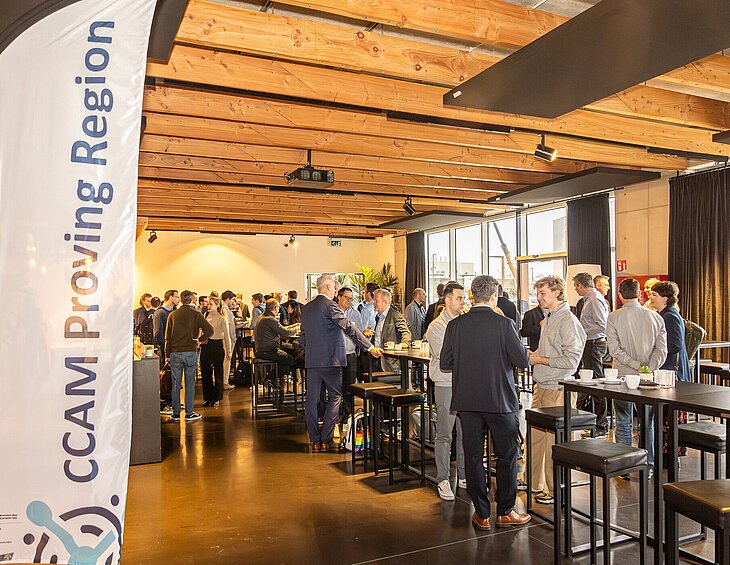

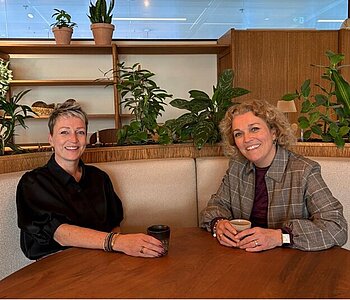
![[Translate to English:] [Translate to English:]](/fileadmin/_processed_/7/e/csm_regio-coordinatoren-Beethoven-op-loopbrug_februari_2026_b669113236.jpg)
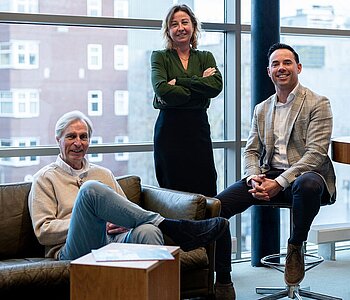
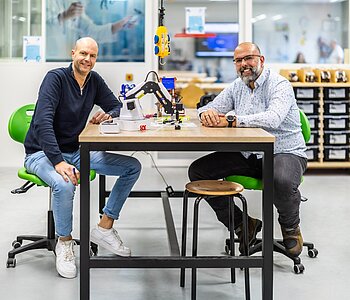
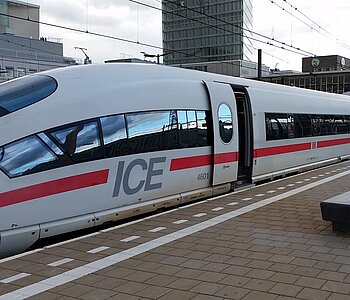
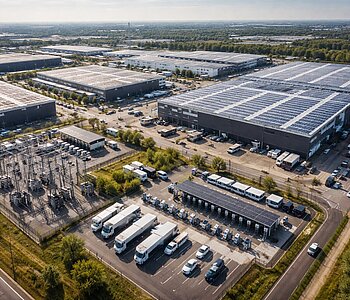
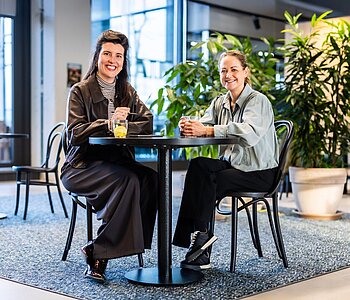
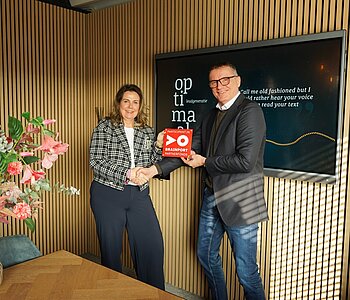
![[Translate to English:] [Translate to English:]](/fileadmin/_processed_/8/e/csm_Robidus_Partnerfonds_214eff6352.jpg)
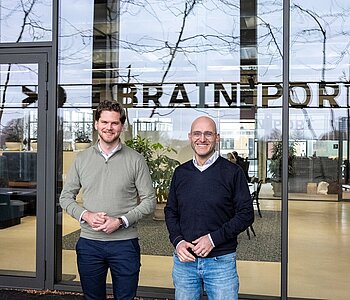
![[Translate to English:] [Translate to English:]](/fileadmin/_processed_/3/5/csm_BvE_interview_Yuverta_100ste_lid_b56c491c7d.jpg)
![[Translate to English:] [Translate to English:]](/fileadmin/_processed_/f/4/csm_Vebego-partnerfonds-2-2_bc48f65eba.jpg)
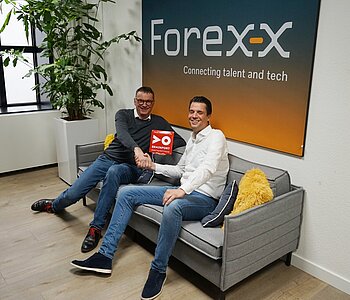
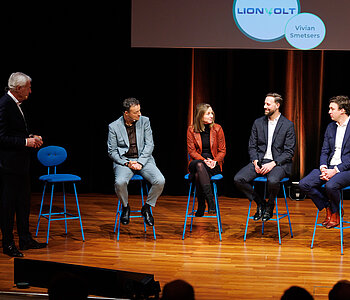

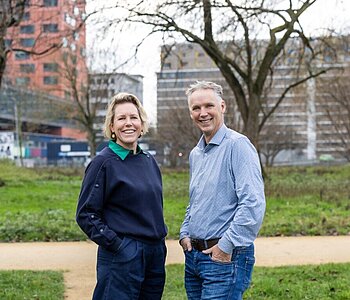
![[Translate to English:] [Translate to English:]](/fileadmin/_processed_/f/9/csm_MedTech_Groeiplan__2025-1_a2283cfe71.jpg)